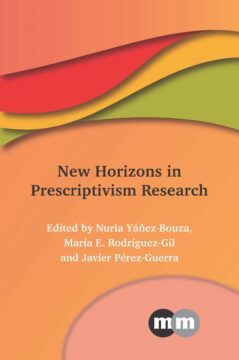Stan Carey at Sentence first:
 In the Preface to his landmark Dictionary of 1755, Samuel Johnson wrote that ‘sounds are too volatile and subtile for legal restraints; to enchain syllables, and to lash the wind, are equally the undertakings of pride’. Any dictionary, any grammar, is but a snapshot: all living languages change, and they do so constantly and at every level.
In the Preface to his landmark Dictionary of 1755, Samuel Johnson wrote that ‘sounds are too volatile and subtile for legal restraints; to enchain syllables, and to lash the wind, are equally the undertakings of pride’. Any dictionary, any grammar, is but a snapshot: all living languages change, and they do so constantly and at every level.
Yet there is an instinct in many of us to fix aspects of our language or to nudge it in this or that direction. It’s commonplace to the point of banality to flinch at a pronunciation, spelling, idiom, or other usage. The trick is to acknowledge the subjectivity (and usually futility, and often infelicity) of such a feeling – maybe even to get over it.
The caricature of prescriptivism – the prescribing of norms in language use – is of pedants and purists decrying variation and innovation in language, insisting on style rules they learned in school. But prescriptivism is a broad church. It can make a linguistic variety more consistent, enhancing its communicative reach and facility. Some prescriptivism, contra the conservative stereotype, is progressive, advocating a more inclusive lexicon.
More here.
Enjoying the content on 3QD? Help keep us going by donating now.
